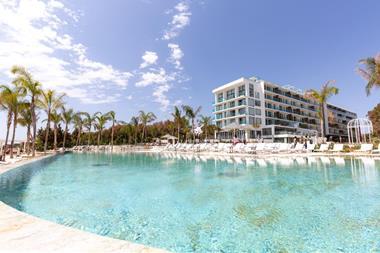EUROPE - Specialist investment manager East Capital is to begin fundraising for a second real estate fund it says will offer an entry point to the Baltic macroeconomic recovery.
The modest fund - its target size is between €40m and €50m - will have a value-added risk profile, in contrast to its opportunistic predecessor.
Although leverage will be "up to" 70%, East Capital head of real estate Biljana Pehrsson said it was unlikely to top 65%.
"Prices have halved, yields have increased, and rents are sustainable - it's a perfect opportunity to manage a value-added portfolio in improved conditions," said Pehrsson.
In some Baltic markets, vacancy rates have fallen significantly over the past 6-12 months. In Estonian capital Tallinn, for example, voids have come down from double-digits a year ago to 5%.
However, Pehrsson also pointed to diverse regional risks.
The fund will focus specifically on Tallinn, with some investment in Lithuanian capital Vilnius, which has a vacancy rate of around 10%.
Latvian capital Riga, where East Capital has existing investments for other vehicles, but where it is unlikely to invest for this one, currently has a vacancy rate of around 30%.
"Riga's still tough - it will take time to stabilise," she said. "People talk about the Baltic markets as the other a single market, but there are big differences."
The fund - which will invest in shopping centres, logistics and office - will target off-market acquisitions. It has already acquired a warehouse in Tallinn for an undisclosed price.
"We source by being on the ground," said Pehrsson. "Close contact with developers and banks is how we get access to deal flow."
She said appetite for the fund would most likely come from opportunistic investors with some appetite for risk.
Although she said it was "a bit early" for institutional investors such as pension funds to re-enter the Baltics, she pointed to recent Colliers data indicating that investment in Baltic real estate markets trebled in 2011 from the previous year.
"So who are these investors?" she asked. "I can see international and institutional investors becoming interested in the Baltic markets. Finnish institutional investors are already pursuing investments."












